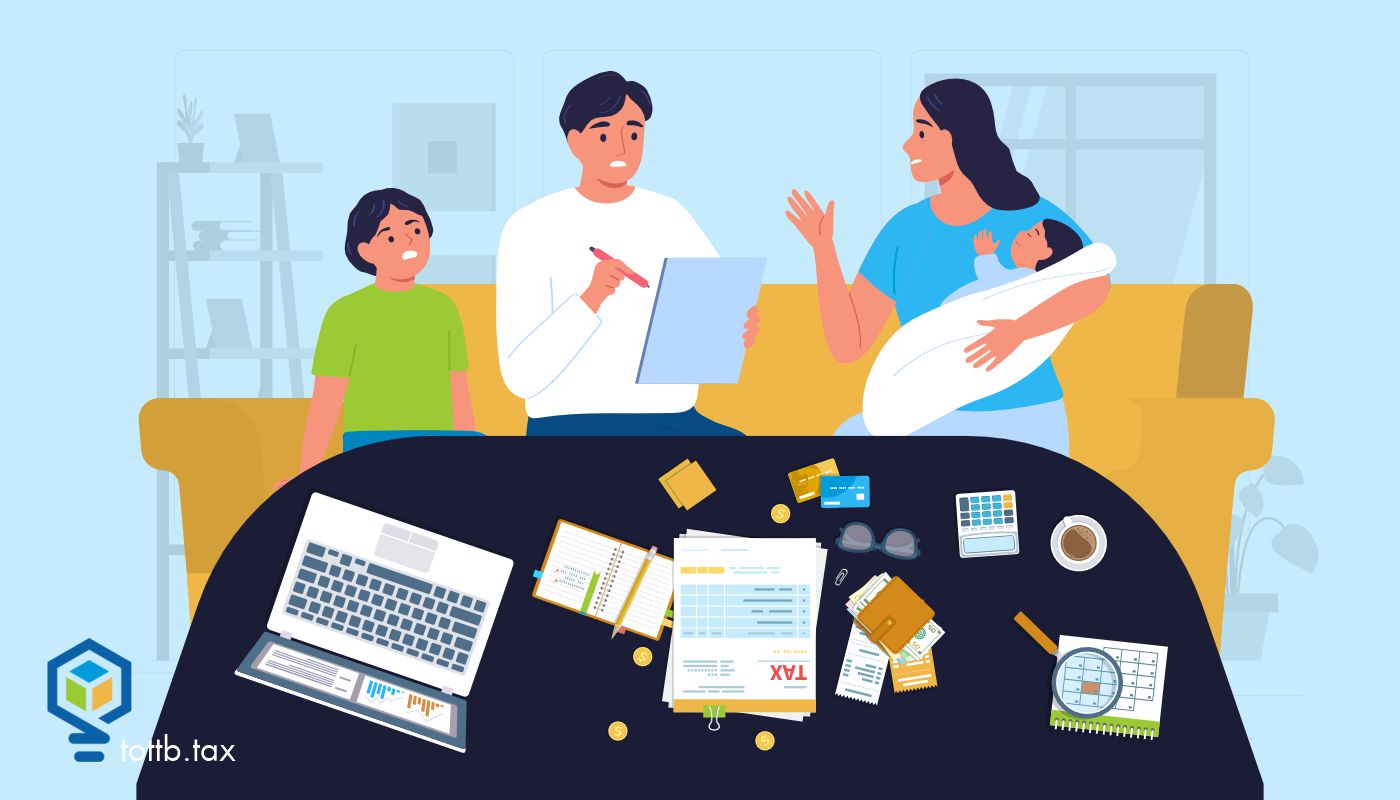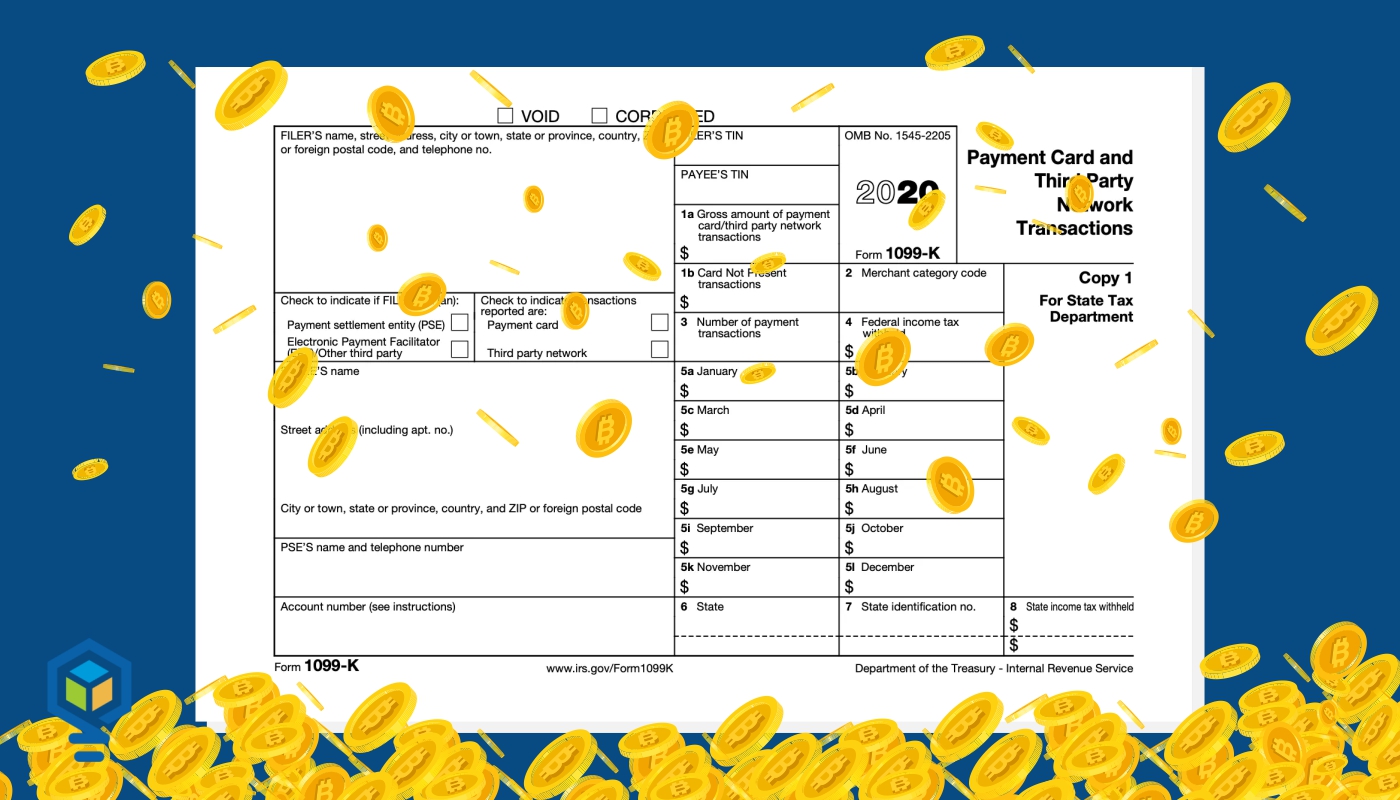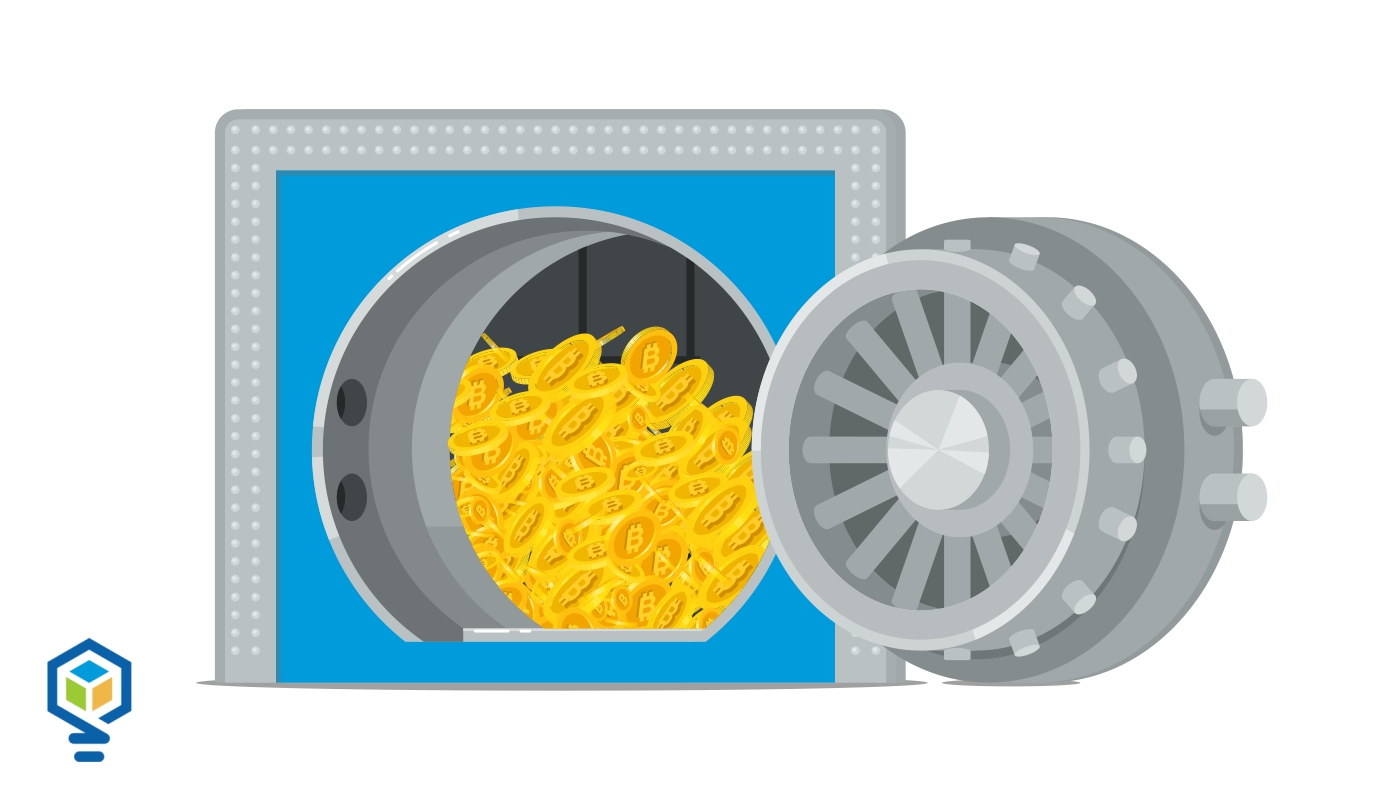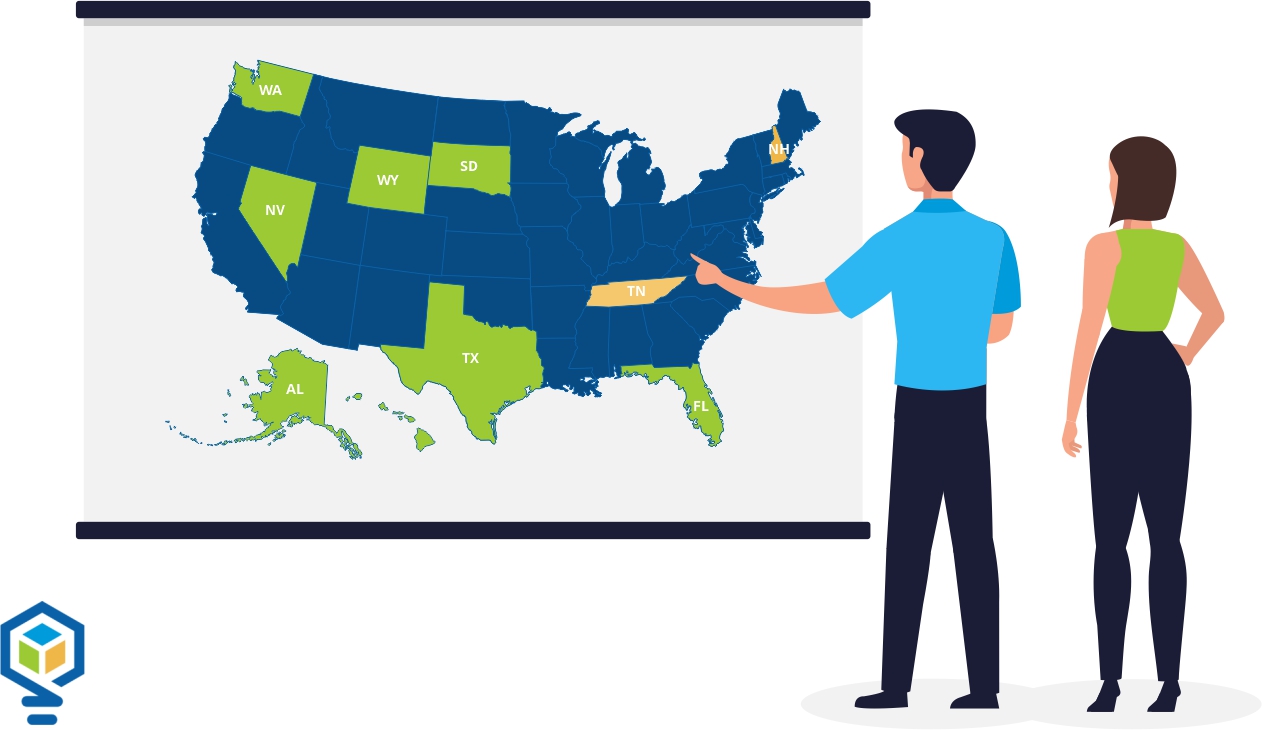
Tax Tips for Families Affected by Disability: What More People Should Know
There are a few tax tips for people with disabilities that I think are not as well-known as they should be. They can also be applicable to their parents or others who care about them. This is not meant to be a comprehensive treatment of all aspects of how taxation and disability interact. Rather it is to alert you to some things I think should be more widely known. One thing to keep in mind is that some of the parents and grandparents of disabled adults don’t necessarily share this part of their personal life, so you may be surprised at how this information might be valuable and appreciated by some of your clients.












